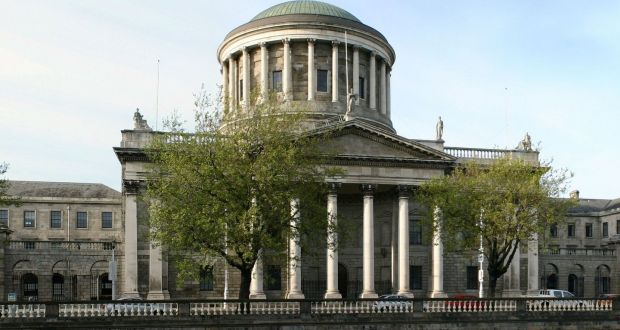
If you have ever been dissatisfied or critical of the Workplace Relations Commission in relation to an employment dispute and you have wondered whether you are able to canvas your complaints in the Civil courts a recent (June 2019) High Court decision clarifies the matter.
In Maurice Power v HSE [2019] IEHC 462 Mr. Power asked the High Court to step in and prevent his removal by his employer, the HSE, from his role as CEO of Saolta University Healthcare Group. Importantly from the perspective of the sought High Court intervention Mr Power had already submitted a complaint to the WRC (Workplace Relations Commission) seeking an order that he was entitled to a CID (contract of indefinite duration).
The question then arose as to whether the High Court could interfere in the case or was it obliged to let the WRC deal with the matter.
Background to Mr Power’s case
Mr Power had been employed by the HSE since 1999. In 2014 he was asked to take on the role of interim Chief Executive Officer of the Saolta University Healthcare Group. In 2018 the HSE decided to hold a competition to appoint a permanent CEO and held a competition in which Mr Power was unsuccessful.
Mr Power then claimed he was entitled to a contract of indefinite duration (‘CID’) pursuant to the Protection of Employees (Fixed-Term Work) Act 2003 by reason of his employment on a series of fixed term contracts. He brought a claim to the WRC for an order that he was entitled to a CID.
High Court
Before Mr Power’s complaint was heard by the WRC he sought an order from the High Court preventing his removal from the post and preventing the appointment of anyone else to the position.
The High Court took the view that as Mr Power’s rights under the Protection of Employees (Fixed-Term Work) Act 2003 were statutory rights the correct venue to uphold those rights was the WRC. For this reason, the High Court decided it had no jurisdiction in the matter and could not make the order sought by Mr Power.
Mr Justice Allen held that the administrative tribunals such as the WRC and Labour Court were appointed by the Oireachtas to enforce these statutory rights and the High Court could not interfere.
The Court also held that the orders sought by Mr Power were intended to shape the decision of the WRC when the hearing was held and that even if he was unsuccessful at the WRC he would not lose his job but revert to a previous role. The Court also held that if he was successful damages would be an adequate remedy for Mr Power.
For these reasons the application for an injunction failed.